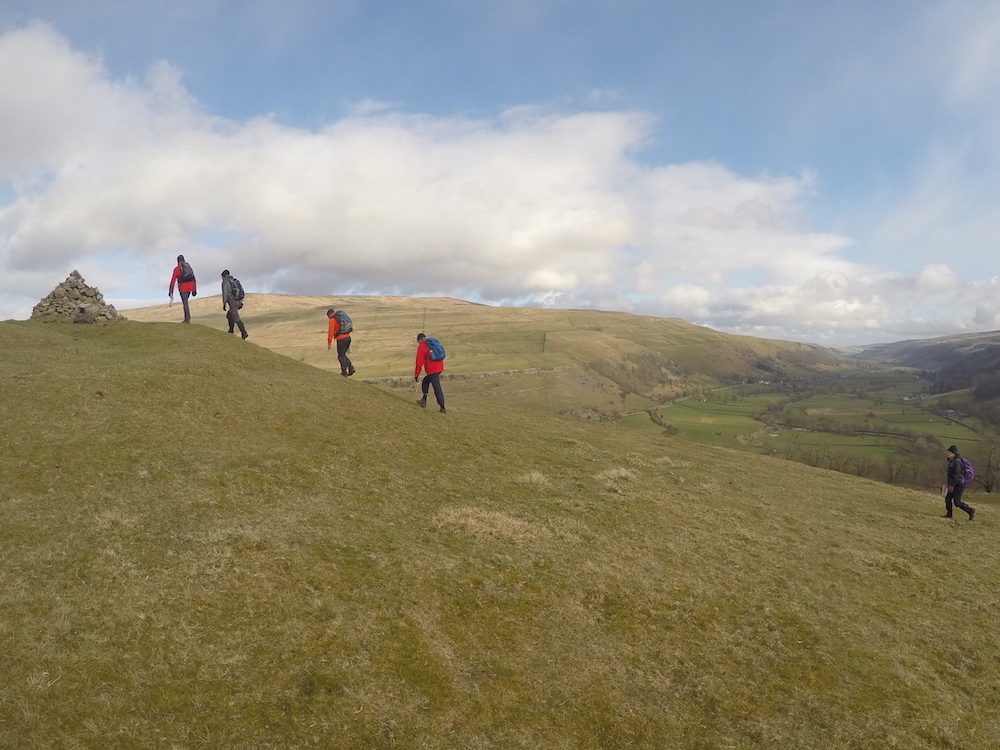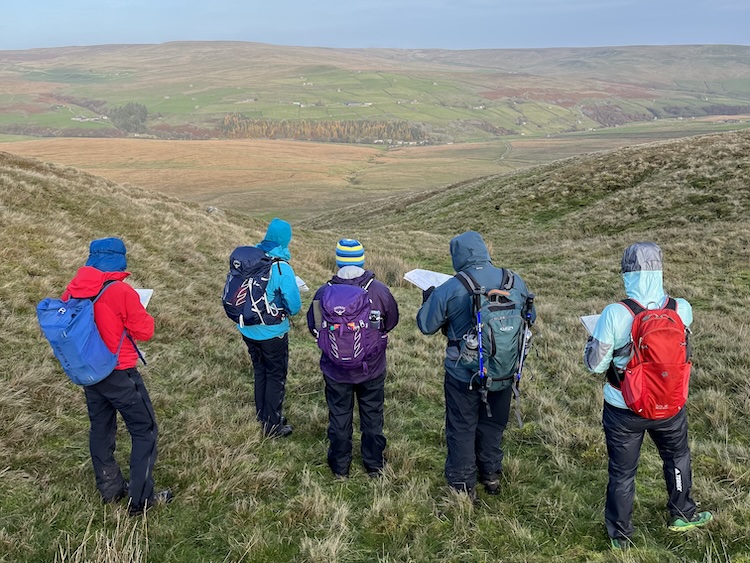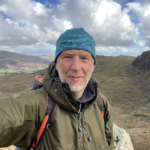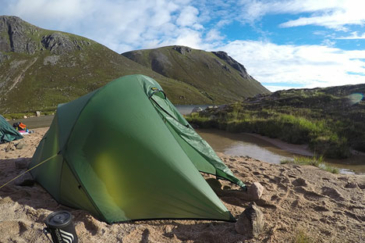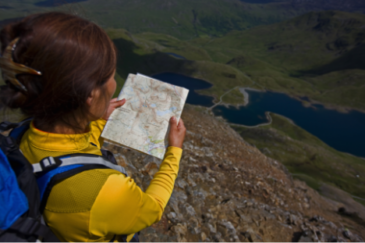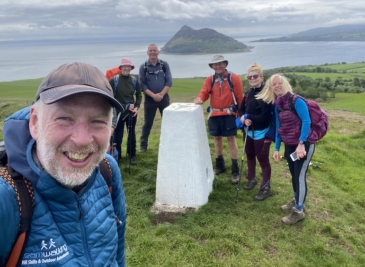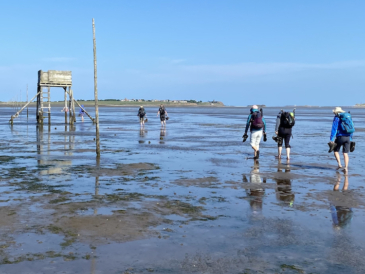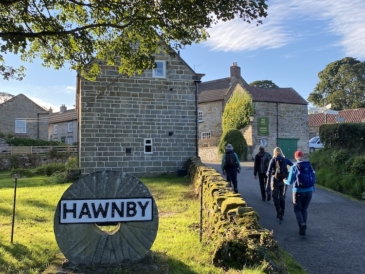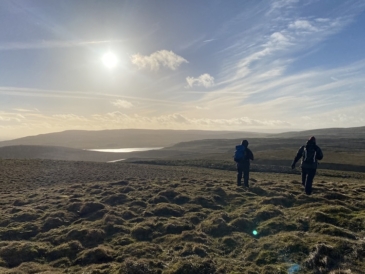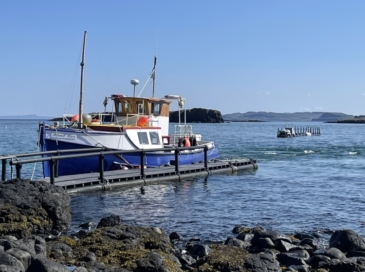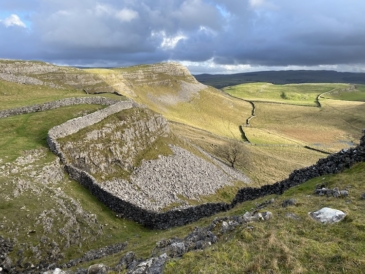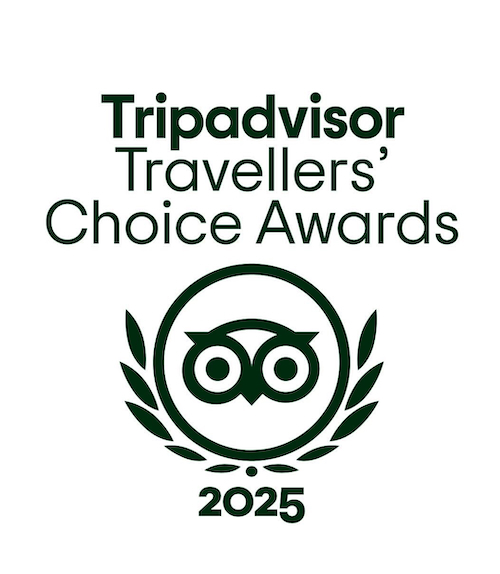1-DAY COGNITIVE NAVIGATION COURSE YORKSHIRE DALES
With Mark Reid FRGS – author of ‘The Inn Way’ guidebooks & Mountain Leader
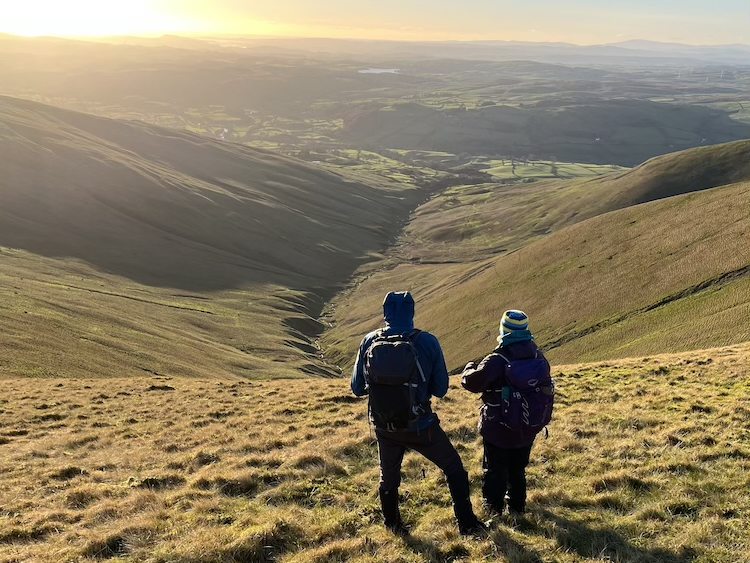
This 1-day Cognitive Navigation course in the Yorkshire Dales is ideal for hill-walkers who want to move away from being ‘passive’ navigators using phones and apps to become ‘cognitive’ navigators who are more in tune with their surroundings.
The ‘cognitive map’ hypothesis is that our brains build a representation of our spatial environment to support memory and guide future action through place, distance, direction and decision making. These are the building blocks of human thought, which are integral and essential for navigation.
Cognitive maps are formed through journeying, exploration and discovery. From the earliest age to the end of our lives, we develop cognitive maps in our brains. This is a progression as we develop from crawling around our homes to navigating across the mountains. Evidence shows there to be knowledge gaps with GPS use, so that we may be able to get to a location using GPS but we don’t know how we got to that location. A deeper question is therefore: what is the purpose of navigation?
“Cognitive navigation integrates the navigator with their surroundings, in both time and space, and also with other navigators, and with plans, goals, emotions and memory. It is rich and complex, and a complete science of navigation will therefore take into account cognition as well. Furthermore, when we design intelligent navigating agents, they will also need spatial knowledge, as well as merely spatial positioning ability.” Professor Kate Jeffery, Institute of Behavioural Neuroscience
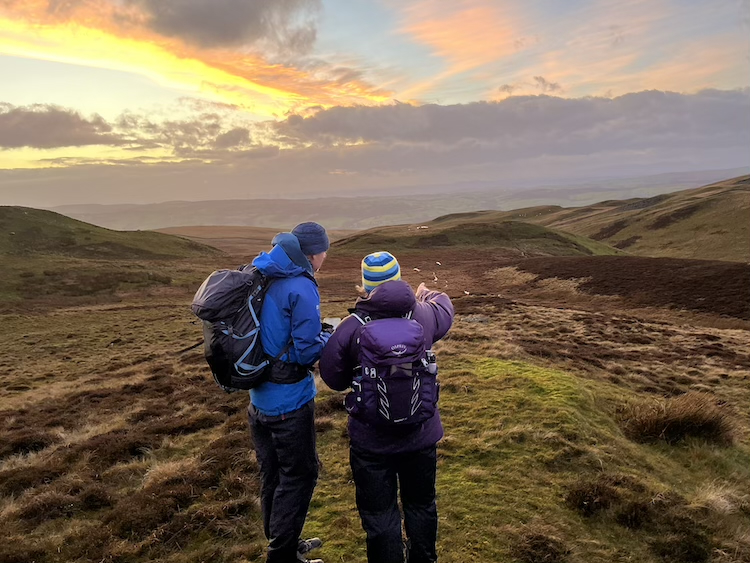
VALUE OF COGNITIVE NAVIGATION
Get more from your walks!
- Navigation is not just a map and compass, but a complex and multi-faceted cognitive function that has evolved over 400,000 years.
- Navigation allows us to think differently about our environment and our movement through it.
- It provides anchors to place and helps decision making whilst outdoors, weighing up the many elements of the situation.
- Knowledge, experience, journeying and exploring are key to the development of spatial awareness and cognitive maps.
- Using our brains outdoors to understand, think, visualise, make decisions is fundamental to good navigation skills.
- Cognitive Navigation helps with continuous location and relocation through the development of spatial awareness.
- Cognitive Navigation helps build confidence outdoors, as virtually everyone can naturally navigate.
- Research shows that Cognitive Navigation helps prevent cognitive decline related to dementia *
During the course, we will mentally map out our surroundings to create a brain map of where we have been and, more importantly, where we are going. This is done through developing Observation and Awareness Skills, namely:
- Spatial Awareness
- Situational Awareness
- Environmental Awareness
- Emotional Awareness
Research shows that our brains have developed over millennia to navigate, with place, grid, boundary and direction cells in our Hippocampus, a complex brain structure that has a major role in learning, memory and navigation. We all have an innate ability to navigate, by means of building a mental map of different locations combined with a grid of direction and distance. This gives us an understanding of where we have been, where we are and where we are going (past, present, future); it also means we can easily find our way back, as long as we’ve engaged with our surroundings.
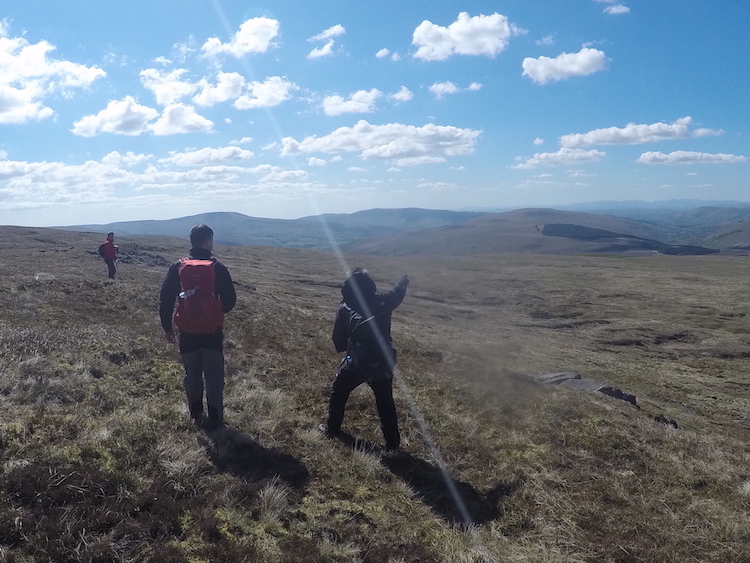
COURSE CONTENT
- What is navigation? What’s its purpose?
- Passive Navigation versus Cognitive Navigation
- Brain Mapping of our environment
- Spatial, Situational, Environmental & Emotional Awareness coupled with decision making
- Immerse ourselves in our surroundings – past, present and future – and use this knowledge to locate ourselves on an OS map
- The value of Cognitive Navigation
- What do we navigate in our lives?
- Is there anything we can’t map?
- After a day of navigation outdoors, what are we left with?
OUTLINE OF THE COURSE
Pre-course: Unlimited access to our online video tutorials. Watching these videos before the course will allow us more practical time outdoors, and allow you more time to absorb concepts and skills.
9:30am: Meet at a village car park in the Yorkshire Dales (with facilities)
9:30am – 4:30pm: Full day’s cognitive navigation in the Yorkshire Dales using spatial awareness to build our ‘brain map’ of place, distance and direction. The walk will usually cover between 6 and 8 miles over the course of the day, with plenty of rest stops and time to practise skills and ask questions.
4:30pm – 5pm: De-brief back at the village
